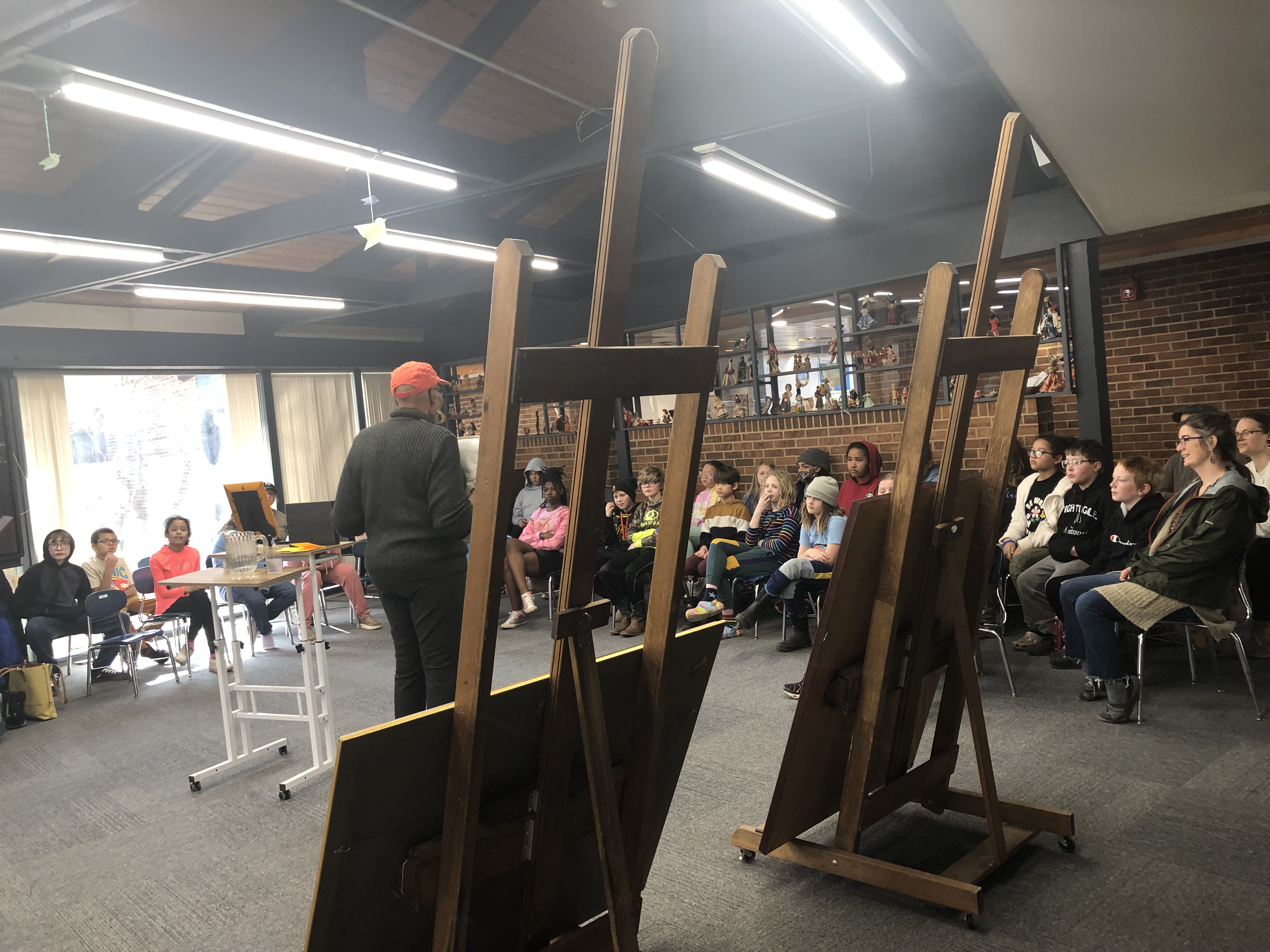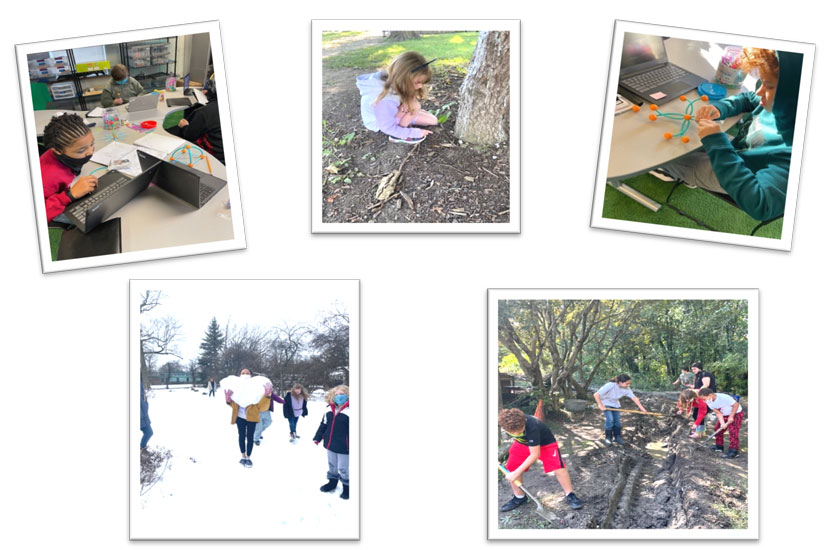 Welcome to the OWLS
Welcome to the OWLS
 The challenges that face the OWLS include the application of learned skills to new situations, the study of subjects in more depth and breadth and the practice of personal organization and accountability, as well as time and resource management. OWLS learn how to effectively balance freedom with responsibility, independent inquiry with interdependent collaboration.
The challenges that face the OWLS include the application of learned skills to new situations, the study of subjects in more depth and breadth and the practice of personal organization and accountability, as well as time and resource management. OWLS learn how to effectively balance freedom with responsibility, independent inquiry with interdependent collaboration.
CURRICULUM: Academic work includes studies in mathematics, biology, chemistry, physics, geology, ecology, English language arts, history, social studies, ecology, music, art, and foreign language studies. Each year there are four sessions of academic work, after which students evaluate their course work and set new goals. The session format is designed to help students learn organizational and decision-making skills, time management and self-motivation. They may plan "Going Out" trips to complete their classroom experience and foster the sense the wonder and awe at the world around us. The service work program provides additional opportunities to explore identity, values and moral development within and outside our campus.
CLASSROOM CULTURE: The learning environment of the OWLS is designed to provide maximum opportunity for self-direction, skill building, character development, personal organization, healthy work ethic, collaborative social skills, and the assurance all students need to succeed to their full potential.
INDEPENDENT RESEARCH: Individual research projects are carefully monitored, evaluated, and recorded to ensure progress. In this way, their insatiable quest is given focus as they learn the lessons of patience, perseverance, and thoroughness. The research program is designed to allow flexibility in order to accommodate every student's interests and skills. The challenge they face is learning to balance the value of freedom with the demands of responsibility. The OWKS strive to be mindful of the following 12 Habits of MInd:
|
Maria Taylor – Montessori Advisor |
The 12 Habits of Mind:
From the Institute For Habits of Mind
https://www.habitsofmindinstitute.org/what-are-habits-of-mind/
Please check the NM Handbook to learn more about parental support with homework, State testing, value of acquiring testing skills, school projects & field trips, rules for use of electronics in school, etc.
